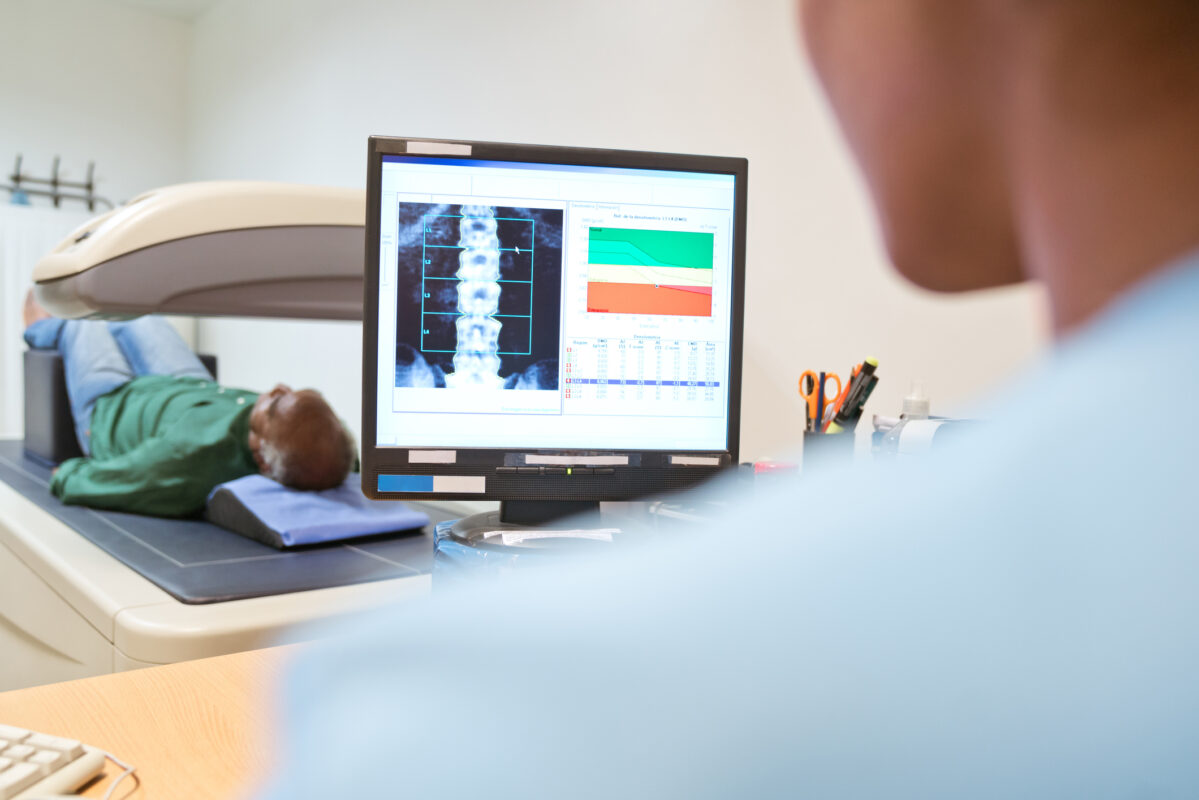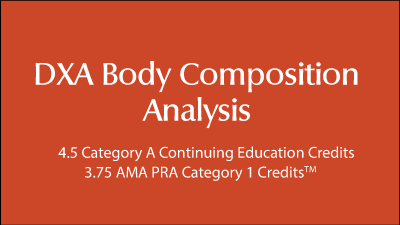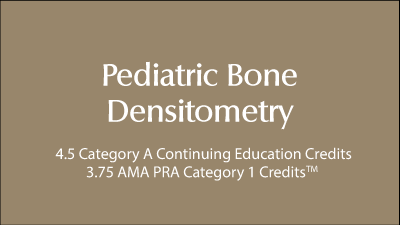Learning Objectives
After attending the course, participants should be better prepared to:
- Design and implement quality control and assurance practices.
- Perform a precision assessment and appreciate the requirement for clinical care.
- Identify the anatomy relevant to clinical DXA scanning.
- Implement consistent and appropriate technical acquisition and analysis techniques.
- Perform a fracture risk assessment using FRAX.
- Provide DXA interpreters sufficient information for a high-quality DXA report.
- Discuss supplemental software and their application.
- Demonstrate how to access features within the DXA software.
- Understand how specific medical conditions and medications affect bone density.
- Critically evaluate DXA scans to identify acquisition and analysis errors and implement resolution methods.
- Recognize how technical errors impact clinical interpretation and patient care.




